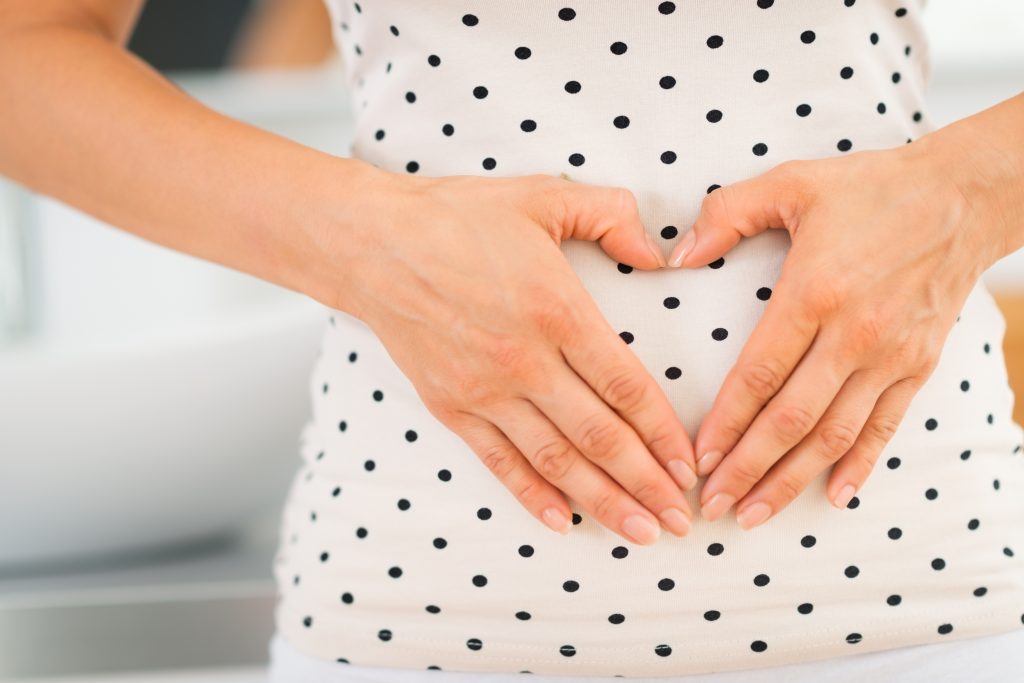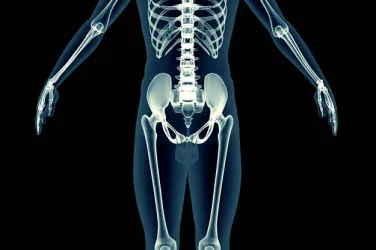
By Pete Alfano
The magic number was 50, the age medical experts recommended most Americans with average risk should have their first colorectal screening.
Until recently, early screenings, or colonoscopies, were primarily recommended for people with a family history of colon cancer. But because cancer society data revealed that 12% of cases in 2020 were diagnosed in people under 50, it advised that testing begin five years sooner at age 45 for early detection.
You may not be aware that colon cancer is the third most common cancer in the United States, not counting skin cancers. It is another “silent cancer” because there are few initial symptoms, and some warning signs are often identified with the gastrointestinal (digestive) system. Thus, early detection is vital because colon cancer is considered more easily treatable and even curable if it is confined to the bowel.
So, why is colon cancer becoming more prevalent among younger Americans? The culprit is a trio of familiar issues that affect overall health — obesity, a sedentary lifestyle, and poor nutrition. They all, of course, go together. For example, it is more difficult to maintain a healthy weight without regular exercise. That doesn’t mean you have to train for a marathon. It can be as simple as going for a 30-minute walk most days.
Diet plays an important role, too. Eating food high in saturated fats and trans fats (think high-calorie processed foods) increases the risk of obesity and colon cancer. Both can raise the leptin level in your blood — a hormone derived from adipose (fat) tissue and the small intestine, which helps regulate body weight. It should be obvious, then, that eating high-fiber food found in fruit and vegetables, as well as fish, chicken, and lean red meat, will help regulate body weight. Researchers have also found that heavy alcohol consumption (more than two drinks a day for men, one for women) and smoking increase the risk of colon cancer and a host of other health issues.
The chances of being diagnosed with colorectal cancer increase with age, with people over 65 having a higher risk. But no matter your age, symptoms can surface that should not be ignored. Unfortunately, this is usually when the cancer has already developed. Among them is a change in bowel habits that cannot be attributed to another condition or medication, abdominal pain and cramping, rectal bleeding, which will be bright red in color, dark brown or black stool, which is another indication of bleeding, unexplained weight loss, and weakness and fatigue.
If you are experiencing one or more of these symptoms, your primary care physician or gastroenterologist may recommend a colonoscopy. The most unpleasant part of that procedure is drinking 64 ounces of a prescription laxative over two hours to clean out your colon. Patients are under moderate sedation during the actual procedure and usually recover in less than 24 hours. This minor annoyance is worth it to make sure that you do not have any concerning findings.









